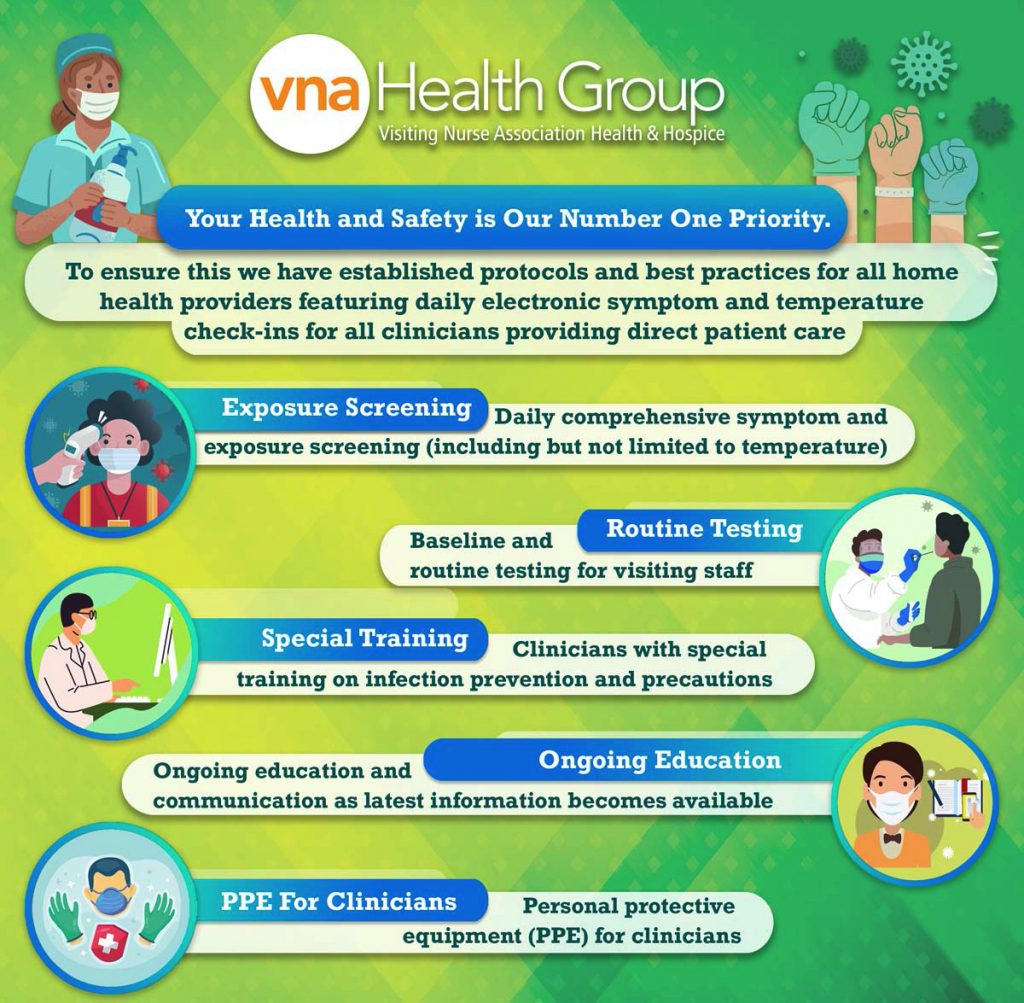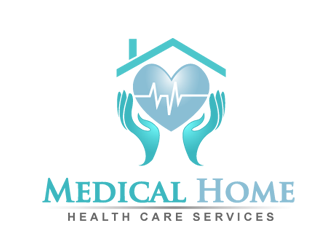
Are you wondering if Medicare covers home healthcare? It covers non-medical home care aides as well as certain Medicare-certified agencies. Find out more details about deductibles or copayments. Continue reading to find out more about Medicare coverage. We'll also cover how to get more out of your Medicare coverage. We hope these tips will help you make the most informed decision for your care.
Non-medical home care aides
Medicare may pay for non-medical home care aides depending on your needs. If your medical condition is serious enough to require home health care, Medicare will cover the cost of certain durable medical equipment. Medicare will pay up to 80% of the cost of durable medical equipment if it is provided by a certified home health agency. Other home health care services may require a medical doctor's prescription. Medicare will cover the cost of these services if you're a beneficiary of Original Medicare.
Although they are not licensed to treat or diagnose any medical condition, home health aids can assist in personal care. They can assist with dressing, bathing, and going to the bathroom. Medicare does not cover home health care aides as skilled nursing. However, Medicare does cover their services if the patient is receiving skilled care. Home health aides services are often essential.

Medicare-certified home health agencies
Medicare-certified home healthcare agencies are required to inform beneficiaries about which services are covered by their insurance and what is not. They will know exactly what they will have to pay. Before any Medicare-certified home care agency can start providing services, they must first give the beneficiaries an Advance Beneficiary Note. Medicare also requires home-health agencies to inform beneficiaries in writing if they don't have coverage before starting care.
The Centers for Medicare and Medicaid Services oversees all home health agencies and conducts both an unannounced and initial survey. Each patient served by a home health agency must be assessed in order to receive accreditation. To measure patient outcomes, they must also be a part of the federal program Outcome Assessment Information Set. Once Medicare has accredioned an agency, the CMS sends a notice letter to the patient.
Copayments
Medicare beneficiaries may not be aware about the possible impact of copayments in home health care. However, they might be less likely to use these benefits. In 2010, 25 million Medicare beneficiaries and individuals with disabilities lived on less than $22,000 a year - about one quarter of the country's total population. They spent 15 percent of their income on health care, three times the amount they did for non-Medicare beneficiaries. In addition, they are more likely to have high health care costs due to lack of insurance.
Because home health care agencies are deemed large employers under the Affordable Care Act, they should be exempt from the law's new regulations relating to copayments. Home health advocates won the support of lawmakers in reintroducing the bill as home-health agencies are considered large employers. The goal of the bill is to prevent employees from being denied health insurance. The US House of Representatives passed a version of the bill on January 8th.

Deductibles
The tax deduction can be claimed for home and medical care expenses. These expenses can be claimed by people who are permanently disabled, who have chronic medical conditions or who cannot leave the house. A deductible amount is determined based upon income for those with private insurance. The AGI is generally 10 percent for deductions for home healthcare expenses.
Rent and utilities are two examples of medical expenses that may be incurred for elderly or ill patients. Additional expenses include medical supplies and disability living expenses. A nurse's fee may also include the cost of certain furniture based on the doctor's recommendation. A reclining chair, as an example, is deductible for patients with heart disease. These services may be deductible if you keep the receipts and other records.
FAQ
What is my role within public health?
Participating in prevention activities can help you protect your health as well as the health of others. You can also contribute to improving public health by reporting any injuries or illnesses to healthcare professionals to help them prevent future ones.
What should I know regarding vaccines?
Vaccines can be very effective and safe ways to stay healthy. Vaccines give you immunity to certain diseases. Vaccinations are typically given at certain times in childhood, adolescence or adulthood. Your doctor will recommend when you should get vaccinated.
What is the difference between health system and health services?
Health systems can be more than just providing healthcare services. They cover all aspects of life, from education to employment to housing and social security.
Healthcare services, on other hand, provide medical treatment for certain conditions like diabetes, cancer and mental illness.
They could also refer to generalist primary care services provided by community-based physicians working under the supervision of an NHS trust.
How do I get health insurance free in my locality?
You can apply for free health insurance if you qualify. You may be eligible for Medicaid or Medicare, CHIP. Children's Health Insurance Program, (CHIP), Tricare. VA benefits. Federal Employee Health Benefits. (FEHB). Military health plans. Indian Health Service (IHS).
Why do we need medical systems?
People in developing nations often do not have access to basic health care. Many people who live in these areas are affected by infectious diseases such as malaria and tuberculosis, which can lead to premature death.
In developed countries, most people get routine checkups and visit their general practitioners for minor illnesses. But many people still suffer from chronic illnesses like diabetes and heart disease.
Statistics
- The health share of the Gross domestic product (GDP) is expected to continue its upward trend, reaching 19.9 percent of GDP by 2025. (en.wikipedia.org)
- The healthcare sector is one of the largest and most complex in the U.S. economy, accounting for 18% of gross domestic product (GDP) in 2020.1 (investopedia.com)
- Healthcare Occupations PRINTER-FRIENDLY Employment in healthcare occupations is projected to grow 16 percent from 2020 to 2030, much faster than the average for all occupations, adding about 2.6 million new jobs. (bls.gov)
- For instance, Chinese hospital charges tend toward 50% for drugs, another major percentage for equipment, and a small percentage for healthcare professional fees. (en.wikipedia.org)
- For the most part, that's true—over 80 percent of patients are over the age of 65. (rasmussen.edu)
External Links
How To
What are the Four Health Systems?
The healthcare system is complex and includes many organizations, such as hospitals, clinics. pharmaceutical companies. insurance providers. government agencies. public health officials.
The goal of this infographic was to provide information to people interested in understanding the US health care system.
These are some key points.
-
The annual healthcare expenditure is $2 trillion. This represents 17% the GDP. That's almost twice the size of the entire defense budget!
-
Medical inflation reached 6.6% last year, higher than any other consumer category.
-
On average, Americans spend 9% of their income on health costs.
-
As of 2014 there were more than 300,000,000 Americans who weren't insured.
-
Although the Affordable Care act (ACA) was signed into law, its implementation is still not complete. There are still many gaps in coverage.
-
A majority of Americans believe the ACA should be maintained.
-
The US spends the most money on healthcare in the world than any other country.
-
If every American had access to affordable healthcare, the total cost would decrease by $2.8 trillion annually.
-
Medicare, Medicaid and private insurers pay 56% of healthcare expenses.
-
The top three reasons people aren't getting insured include not being financially able ($25 billion), having too much time to look for insurance ($16.4 trillion), and not knowing what it is ($14.7 billion).
-
There are two types: HMO (health maintenance organisation) and PPO [preferred provider organization].
-
Private insurance covers almost all services, including prescriptions and physical therapy.
-
The public programs cover outpatient surgery as well as hospitalizations, nursing homes, long term care, hospice, and preventive health care.
-
Medicare is a federal program that provides health coverage to senior citizens. It pays for hospital stays and skilled nursing facility stays.
-
Medicaid is a state-federal joint program that provides financial help to low-income persons and families who make too many to qualify for any other benefits.